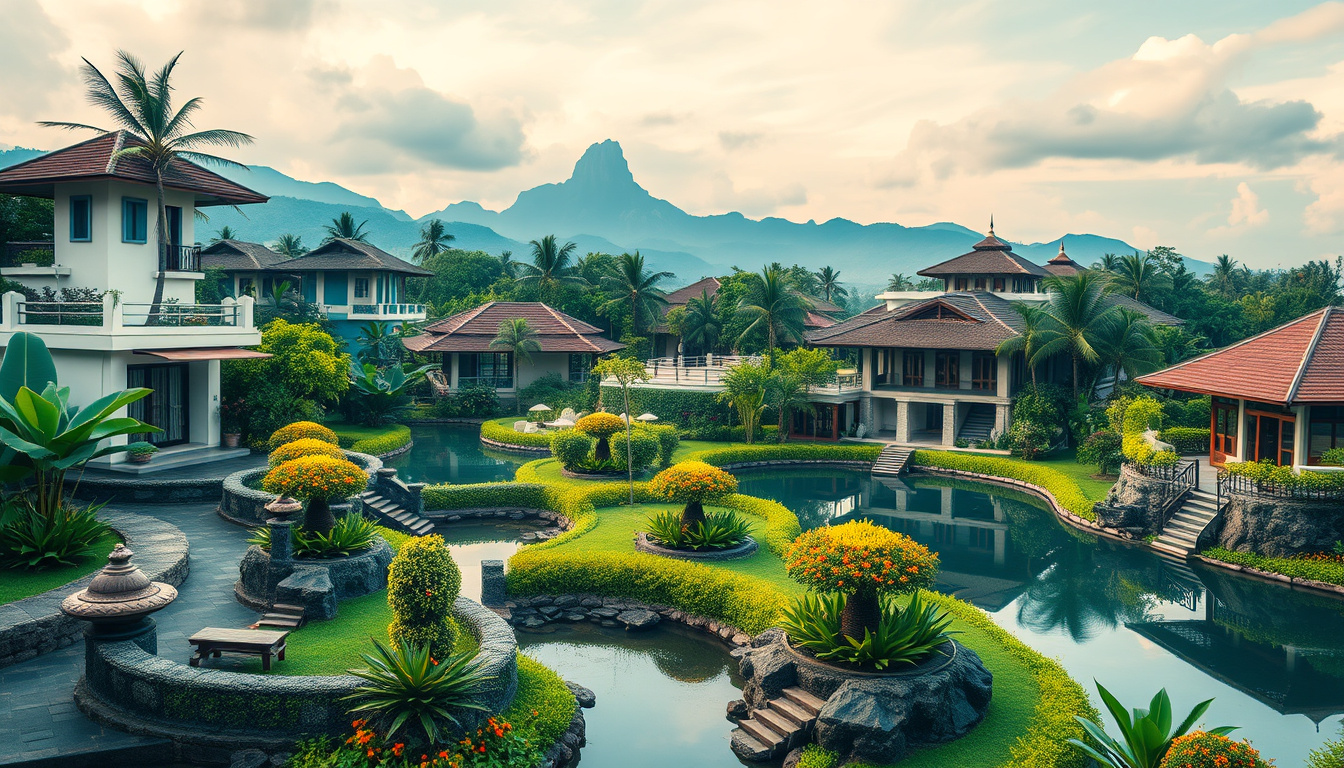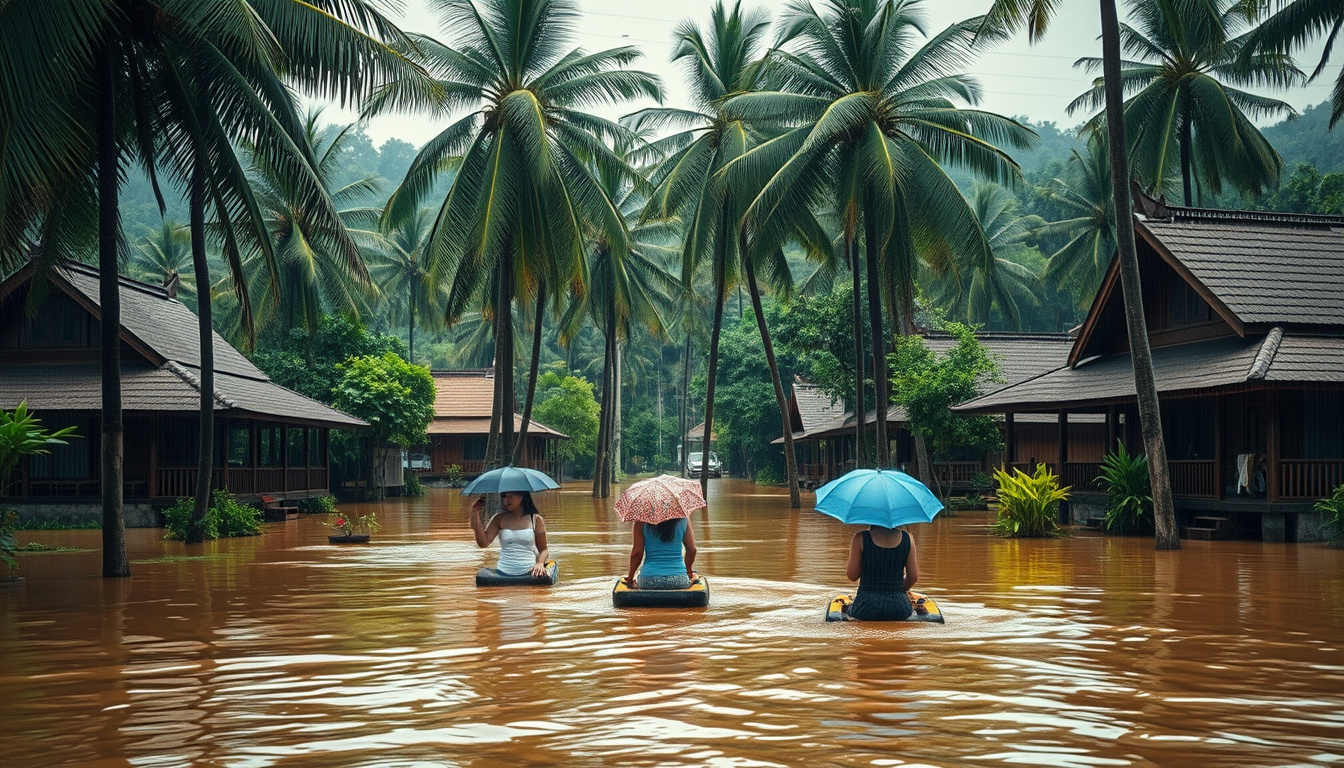Water Scarcity Crisis in Bali
Bali, known for its lush landscapes and vibrant tourism industry, is now grappling with a severe water scarcity crisis. This predicament is not only an environmental concern but also a potential economic challenge since the island’s economy heavily relies on tourism. The crisis has been exacerbated by climate change and the rapid growth in tourism, especially in the southern regions, where the influx of visitors puts tremendous pressure on already limited water resources.
Climate change has altered rainfall patterns, leading to less predictable and more extreme weather events. These changes have significantly contributed to water shortages, impacting both natural ecosystems and human activities on the island. The situation is intensified by the tourism sector’s high demand for water, which has resulted in excessive consumption, particularly by hotels and resorts.
Impact of Tourism and Infrastructure Challenges
Tourism, a cornerstone of Bali’s economy, has become a double-edged sword. While it brings prosperity, it also consumes a substantial amount of water. Each starred hotel room demands at least 800 liters of water daily, with the hotel sector using 56% of Bali’s total water supply. This overconsumption not only strains the island’s groundwater resources but also contributes to pollution issues.
Pollution further complicates the water scarcity crisis. Contaminants such as pesticides, trash, and human waste, coupled with high metal contents in water sources, hinder access to clean drinking water. The wastewater management infrastructure remains inadequate, dealing with less than 10% of the actual wastewater produced, worsening the situation.
Local Community and Agricultural Impacts
Local communities and agriculture are among the sectors hardest hit by the water scarcity crisis. Farmers depend heavily on water for rice cultivation, yet the traditional ‘subak’ irrigation system is under strain as resorts dig deeper wells, lowering water tables. This situation jeopardizes the livelihoods of many residential farmers who rely on agriculture.
The agricultural sector faces significant challenges, with insufficient rainfall compounding the problem. The scarcity of water threatens food security and forces farmers to adapt or abandon their traditional farming practices, putting cultural heritage at risk.
Solutions and Policy Measures
Amidst this crisis, Bali needs improved water infrastructure to avert a looming deficit by 2025. Proposals include constructing more storage facilities and wells for rainwater retention. The IDEP Selaras Alam Foundation has actively participated in building rainwater harvesting facilities, contributing to a more water-sustainable future for Bali.
On a regulatory level, a new policy introducing a moratorium on developing new tourism infrastructure aims to cut environmental impacts and relieve pressure on water resources. This proactive policy reflects a commitment to balancing development with sustainable environmental stewardship, highlighting the pressing need for coordinated efforts to tackle the water crisis effectively.











Add a comment